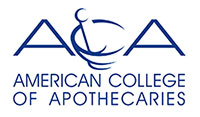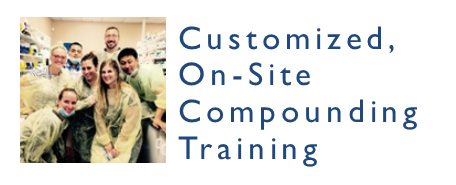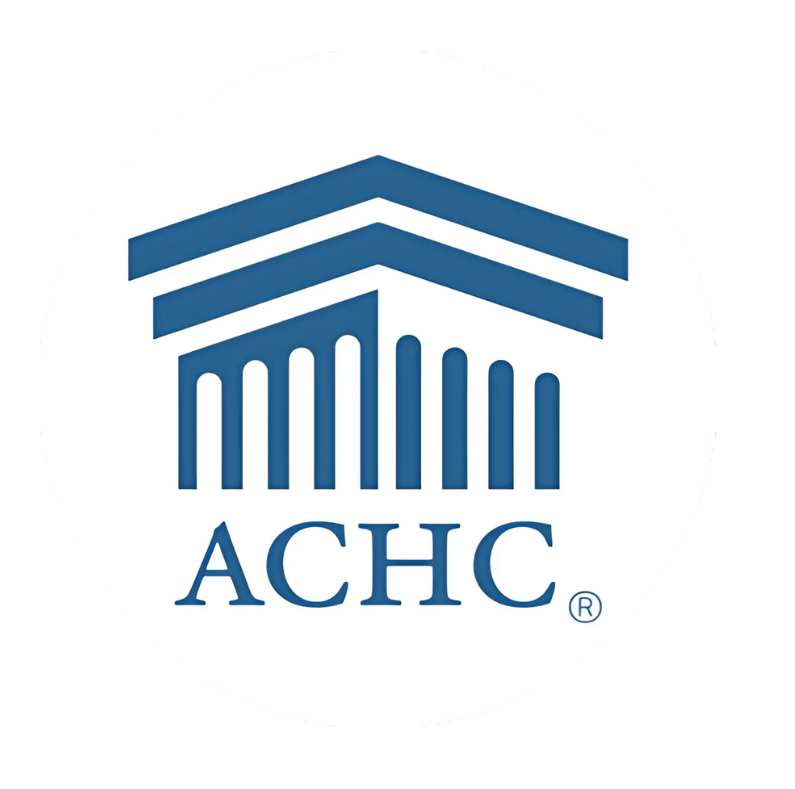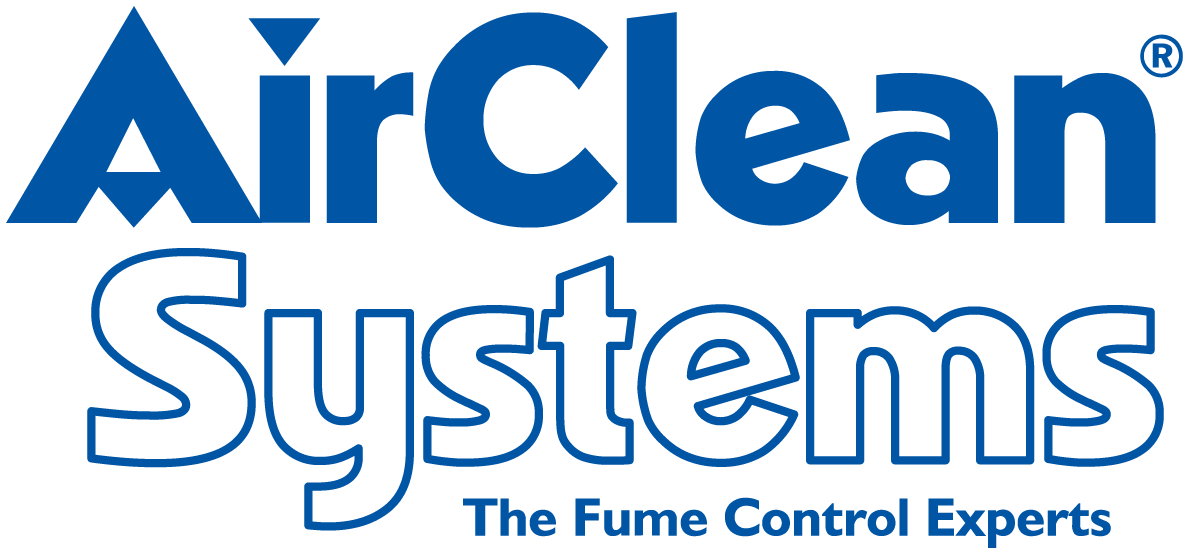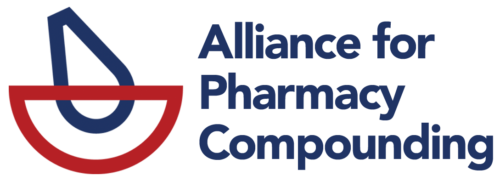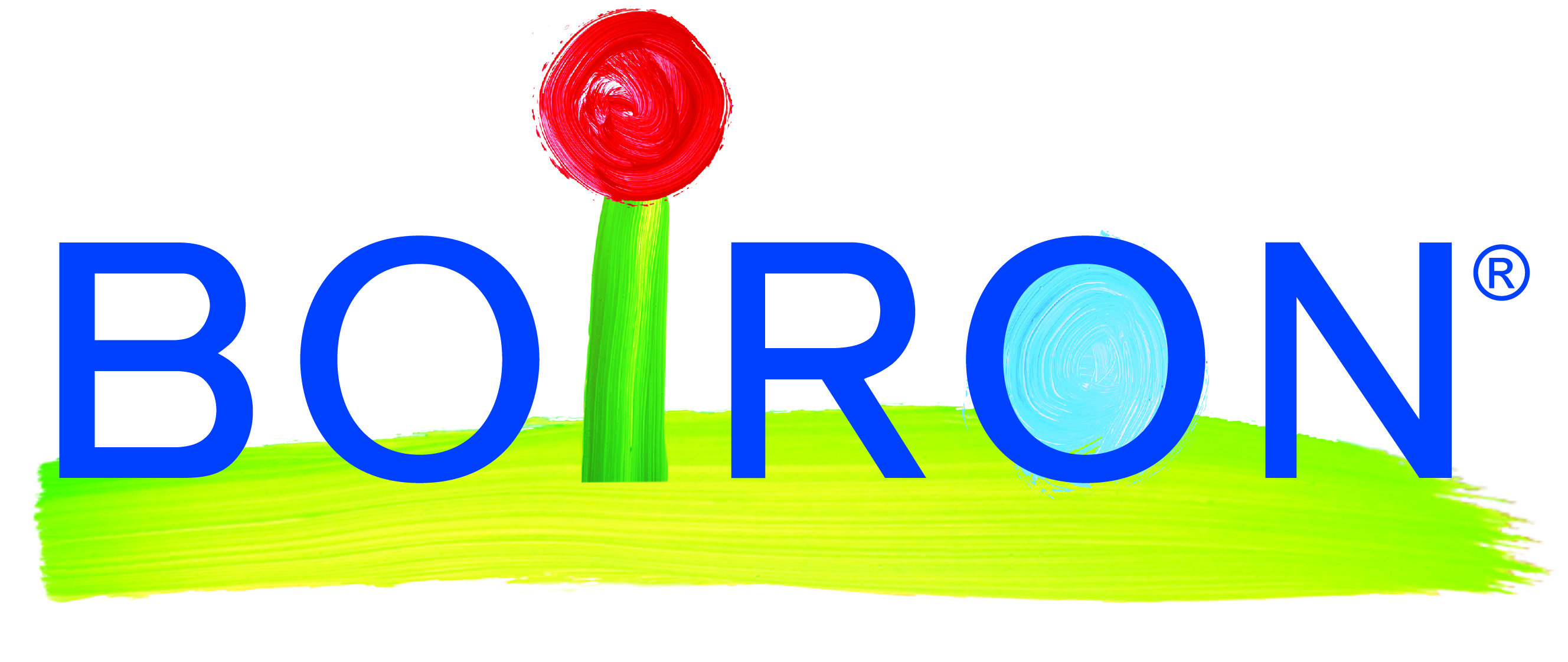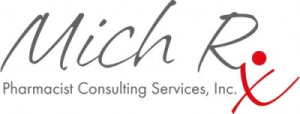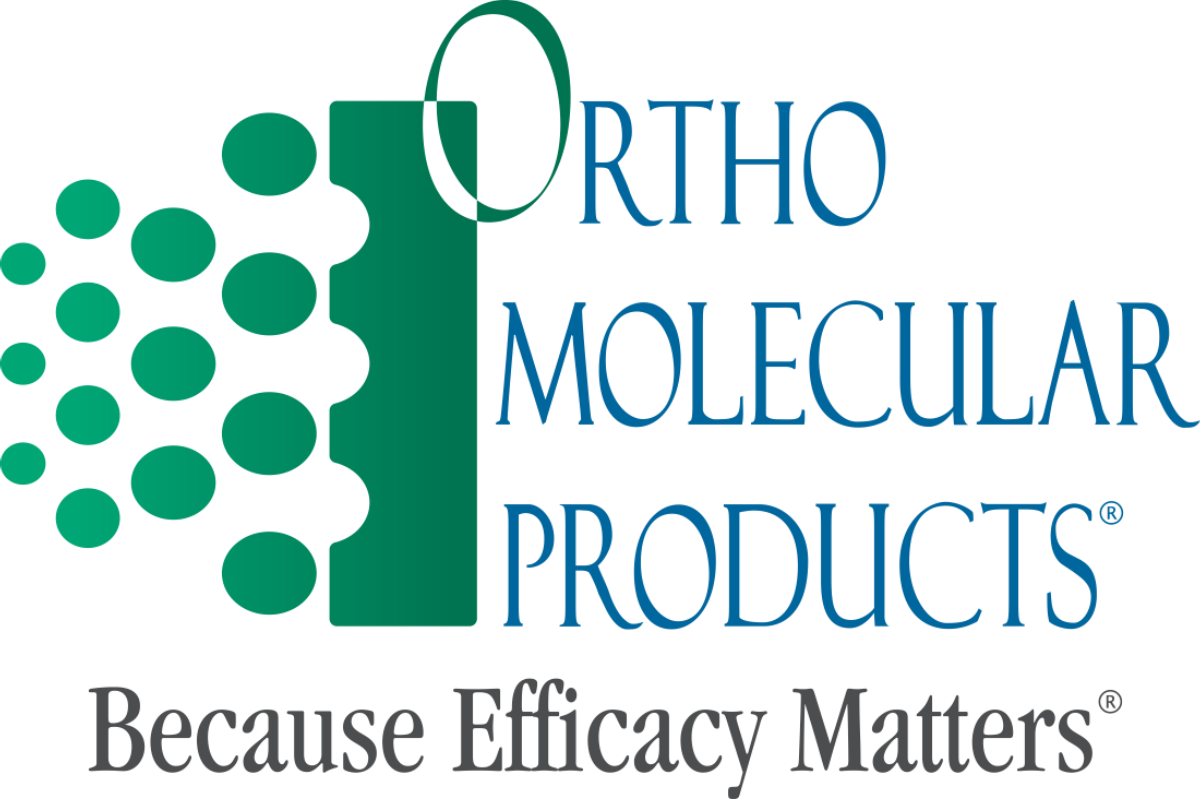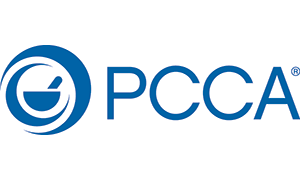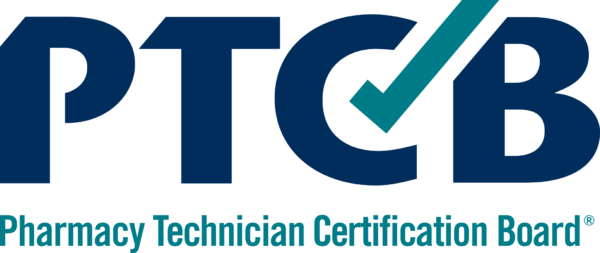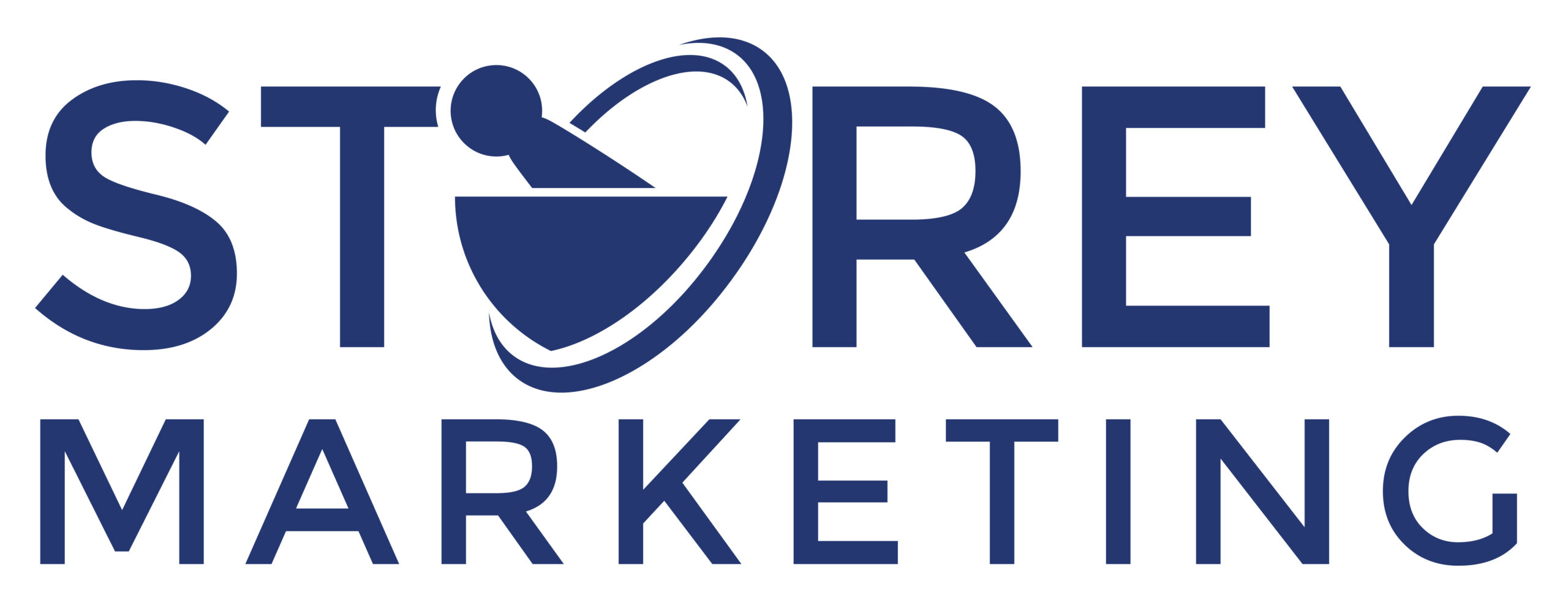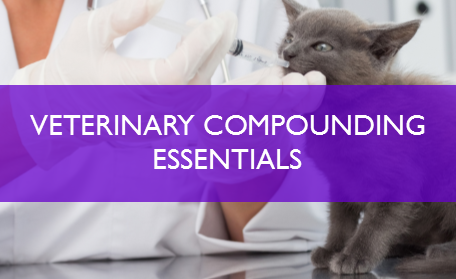
REGISTER EARLY & SAVE $70!
Special promotional pricing will be automatically applied to all registrations completed six weeks before the beginning of class. No code necessary; does not apply to student pharmacist rate. The best value in compounding training just got a little better.
Your Site. Your Staff. Your Schedule
The ACA can present any of the current compounding training courses or business management training on location, or design a custom class (with or without CE) to meet a pharmacy’s needs.
VETERINARY COMPOUNDING ESSENTIALS is a 2-day accredited course offering 15 hours (1.5 CEUs) of continuing education. This course is designed for pharmacists, pharmacy technicians, and marketers looking to expand their knowledge and skills in veterinary compounding.
Attending the Veterinary Compounding Essentials course is important for pharmacy professionals aiming to improve patient care for animals. It provides specialized knowledge on veterinary pharmacology, promotes regulatory compliance, improves compounding accuracy, supports business growth, and fosters collaboration with veterinarians. These factors collectively contribute to ensuring the safe and effective use of compounded medications for veterinary patients.
Additionally, the course incorporates marketing tactics, empowering participants to effectively promote their compounded veterinary medications, a skill set that is often overlooked but essential for the success of a compounding pharmacy.
Content Highlights:
- Fundamentals of veterinary compounding, including species-specific considerations, dosage forms, and flavoring techniques.
- Hands-on compounding experience in a simulated lab setting to practice formulating medications tailored for animals.
- Regulatory compliance & best practices, ensuring adherence to federal, state, and local veterinary compounding laws.
- Marketing strategies to help pharmacists effectively promote veterinary compounding services and expand their practice.
Featuring a low instructor-to-participant ratio, this course ensures personalized attention and opportunities for interaction, guaranteeing a comprehensive learning journey. Attendees can anticipate gaining skills that are directly applicable in their workplaces.
Discover more about the ACA Compounding Training Instructors at acainfo.org/instructors.
*Funding for this course is provided in part by an unrestricted educational grant from the ACA Research and Education Foundation.
DAY ONE
Classroom
Welcome, Introduction & Lecture/Discussion
- Overview of Veterinary Pharmacy and Compounding
- Disease States
- Opportunities for Practice Growth
- Regulatory Considerations
- Safety in Compounding
Lectures/Discussion
- Calculations
- Dosage Forms
- Beyond-Use Dating
Lab
- Compounding Veterinary Dosage Forms (Chews, Poloxamer, Suppositories, Suspensions)
DAY TWO
Classroom
Lectures/Discussion
- Literature Resources
- Patient Education
- Provider Education
Lectures/Discussion
- Provider Education
- Marketing
Lab
- Compounding Veterinary Dosage Forms (Solutions, Transdermal Gels)
Veterinary Compounding Essentials – Introduction to Veterinary Compounding Essentials (3h)
UAN: 0201-0000-23-029-L07-P/T | Application Based
- Distinguish the characteristics of food, performance, and companion animals
- Demonstrate knowledge of regulatory requirements and professional standards that affect veterinary compounding
- Demonstrate how to verify a veterinary prescription for completeness
- Identify useful veterinary drug information resources
- Describe drugs, excipients, vehicles, flavors and preservatives that may be toxic to animals
- Review compounded dosage forms and administration devices that are unique to veterinary pharmacotherapy
- Demonstrate the ability to perform calculations necessary to compound veterinary preparations
- List key principles of marketing for veterinary compounding services
Veterinary Compounding Essentials – Veterinary Compounding Regulations and Position Statements (2h)
UAN: 0201-0000-23-030-L03-P/T | Knowledge Based
- Compare and contrast companion animals to performance animals to food-producing animals
- Define the veterinarian-client-patient-relationship (VCPR)
- List agencies that regulate drug use in non-human species
- Describe regulatory classes for drugs used in animals
- Review important veterinary drug regulations and position statements and their impact on veterinary pharmacy
- List required elements for veterinary prescriptions and labels
- Describe methods of verification for veterinary prescriptions
- Review generic substitution for non-human patients
- List regulatory information resources for veterinary pharmacists
Veterinary Compounding Essentials – Veterinary Drug Information Resources (2h)
UAN: 0201-0000-23-031-L04-P/T | Knowledge Based
- Define veterinary professional credentials and their abbreviations to aid in evaluating prescriptions and compounding literature
- List veterinary drug information reference books that support understanding of veterinary pharmacotherapy
- Describe veterinary drug information electronic databases and platforms
- Review veterinary disease state information resources to understand veterinary disease state management
- Recall veterinary journals that publish peer-reviewed scientific information for veterinary pharmacotherapy including compounded preparations
- Identify veterinary professional organization listservs that support veterinary pharmacists
Veterinary Compounding Essentials – Veterinary Toxicology for Compounding Practice (3h)
UAN: 0201-0000-23-032-L07-P/T | Application Based
- Summarize the species-specific risk of susceptibility to toxic substances in dogs and cats
- Describe toxic drugs, excipients, and foods known to cause morbidity and mortality in dogs and cats
- Identify veterinary toxicological information resources for pharmacists including databases, textbooks, and professional organizations
- Review elements of a checklist to prevent and detect potential toxin exposure in pets
Veterinary Compounding Essentials – Principles of Veterinary Compounding for Dosage Forms (3h)
UAN: 0201-0000-23-033-L07-P/T | Application Based
- Describe standard compounded veterinary dosage forms including oral suspensions, oral pastes, oral capsules, medicated treats, transdermal gels, rectal therapies, and topical therapies
- Review veterinary specific dispensing and administration devices
- Demonstrate administration techniques for non-human patients
- Discuss formula and component selection for veterinary compounds
- List basic inventory and equipment considerations
Veterinary Compounding Essentials – Marketing Veterinary Compounding Services (2h)
UAN: 0201-0000-23-034-L04-P/T | Application Based
- Discuss marketing techniques for growing a veterinary compound practice
- Discover who are your customers
- Identify ways to maximize your store traffic
- Define types of marketing
ACA | ACVP | PPHI Member
- MEMBER BENEFIT: Save $100 when you add a 2nd attendee from the same pharmacy for only $1045.
Non-Member
Non-Member Student Pharmacist
REGISTER EARLY & SAVE $70!
Special promotional pricing will be automatically applied to all registrations completed six weeks before the beginning of class. No code necessary; does not apply to pharmacy student fees, EVP, or ACA Compound Academy. The best value in compounding training just got a little better.
Veterinary Compounding Essentials Notification List
To ensure you’re among the first to know when registration opens for our 2025 Veterinary Compounding Essentials course, please complete the notification form below. Once submitted, a member of our team will contact you using the email address you provide to keep you updated as soon as registration details become available.
For any additional questions or concerns, don’t hesitate to call us at 901-383-8119.
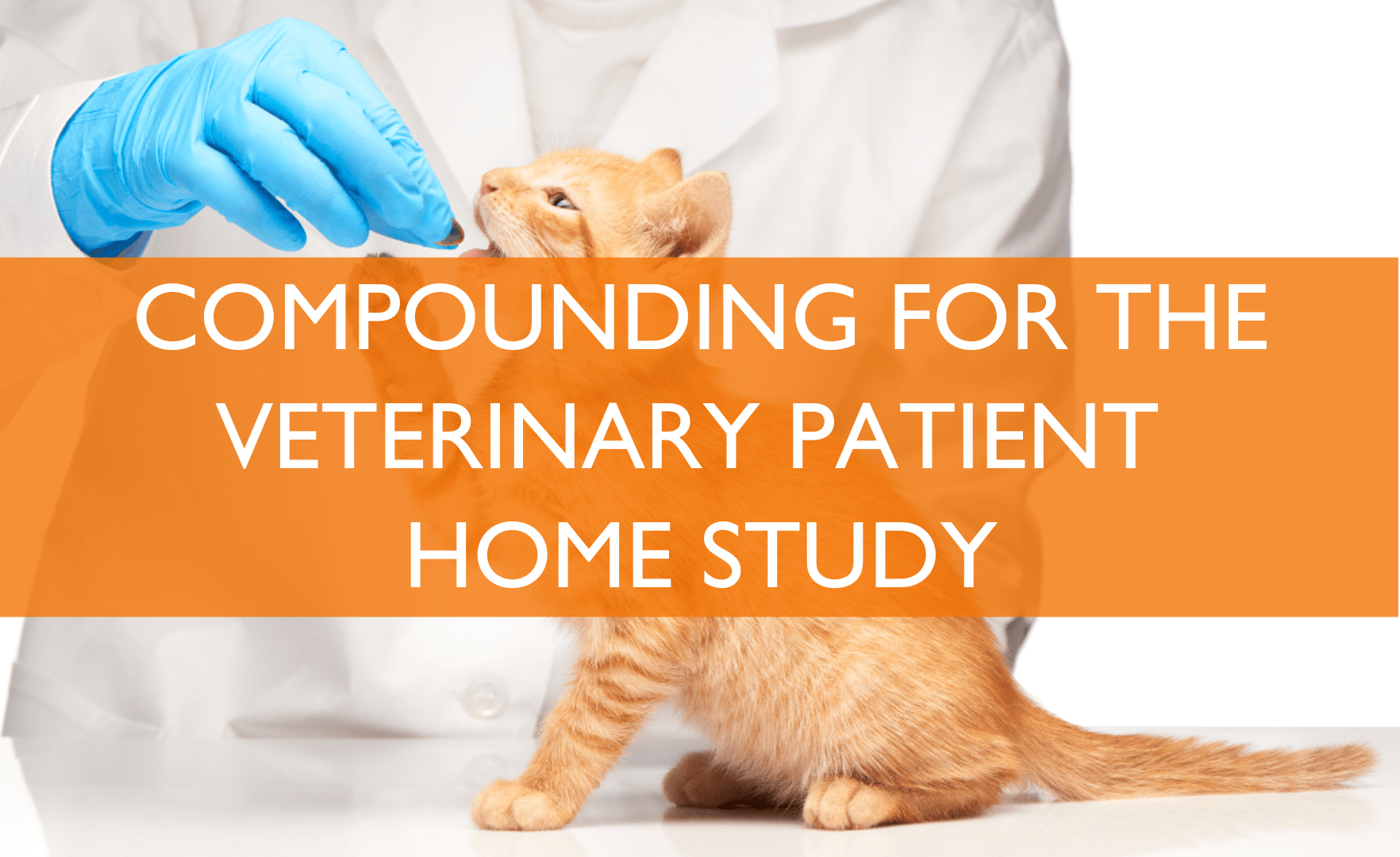
Want more flexibility and set your own study hours?
Compounding for the Veterinary Patient Home Study is a 6–hour knowledge-based home study learning program that provide participants to review the regulations of veterinary medicine and recommendations for veterinary compounding, as well as the challenges in compounding for a veterinary patient. Participants will explore ways to help patients and owners by adjusting dosage strength, customizing dosage forms, and tailoring ingredient selection by animal species. Participants will review important compounding principles, including the benefits and risks of different routes of administration, the appropriate application of excipients and the use of flavoring agents.
ATTENDEE CANCELLATION POLICY
If attendee cancels 30+ days before event – full refund less 5% administrative fee
If attendee cancels 29-14 days before event – 50% refund
If attendee cancels 13-1 days before event – no refund
On occasion, ACA may need to reschedule or cancel a class due to circumstances beyond our control, and attendees should plan travel accordingly. We recommend purchasing travel insurance or booking with an airline that will allow you to reschedule your flight if the need arises.
ENROLLMENT POLICY
Enrollment in ACA Pharmaceutical Compounding Training Courses is not limited to members of ACA. Participants registering as student pharmacists must be currently enrolled in an accredited school of pharmacy and be able to provide proof of status. Class spaces for student pharmacists may be limited.
ACA CONTINUING PHARMACY EDUCATION PROGRAM
The mission of the American College of Apothecaries (ACA) Continuing Pharmacy Education Program is to conduct educational programs that empower pharmacy professionals to provide exceptional patient care. Learn more about the CPE Program’s Goals and Policies.
DISCLOSURES
The planners and faculty of this activity have no relevant financial relationships with ineligible companies to disclose. No commercial support was received for this activity.
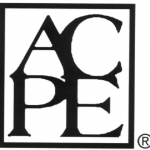 Veterinary Compounding Essentials, a knowledge/application-based course, has been approved for 15 contact hours (1.5 CEUs) of continuing education credit being obtained in the live programming with multiple ACPE Universal Activity Numbers above (refer to Learning Objectives). These UANs have an initial release date of 4/28/2023 and an expiration date of 4/28/2026. Attendees will be required to complete an evaluation form at the completion of the program. Attendees requesting CE will be required to provide their NABP e-Profile ID and birthdate (MMDD) to receive credit for any ACPE-accredited CPE session. Any unclaimed credit with a date of participation that is 6 months and older will not be eligible for processing.
Veterinary Compounding Essentials, a knowledge/application-based course, has been approved for 15 contact hours (1.5 CEUs) of continuing education credit being obtained in the live programming with multiple ACPE Universal Activity Numbers above (refer to Learning Objectives). These UANs have an initial release date of 4/28/2023 and an expiration date of 4/28/2026. Attendees will be required to complete an evaluation form at the completion of the program. Attendees requesting CE will be required to provide their NABP e-Profile ID and birthdate (MMDD) to receive credit for any ACPE-accredited CPE session. Any unclaimed credit with a date of participation that is 6 months and older will not be eligible for processing.
The American College of Apothecaries, Inc. is accredited by the Accreditation Council for Pharmacy Education as a provider of continuing pharmacy education. All sessions carrying the ACPE program number are approved for continuing education credit.
